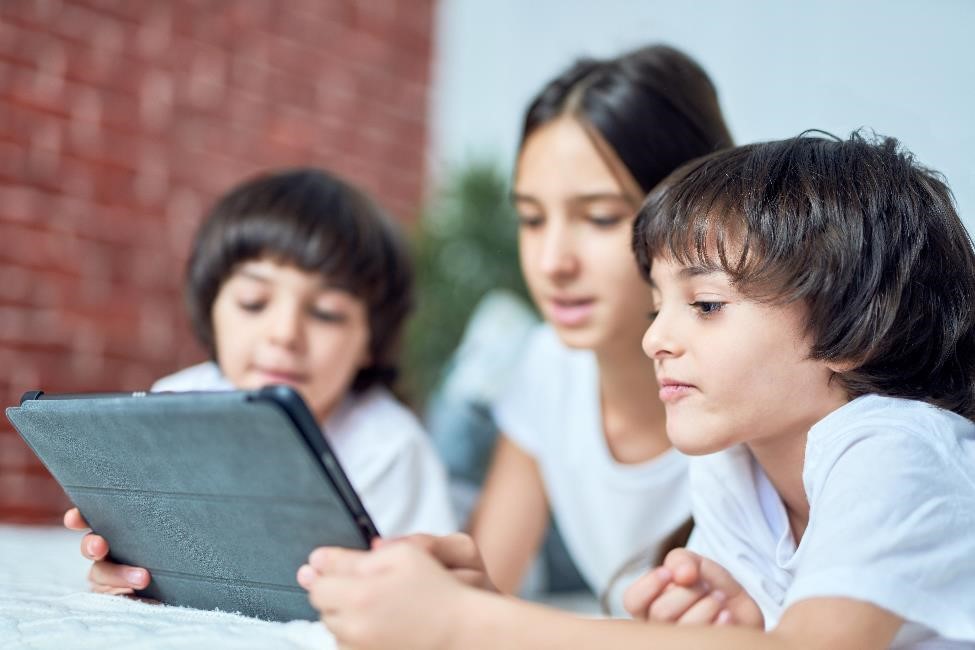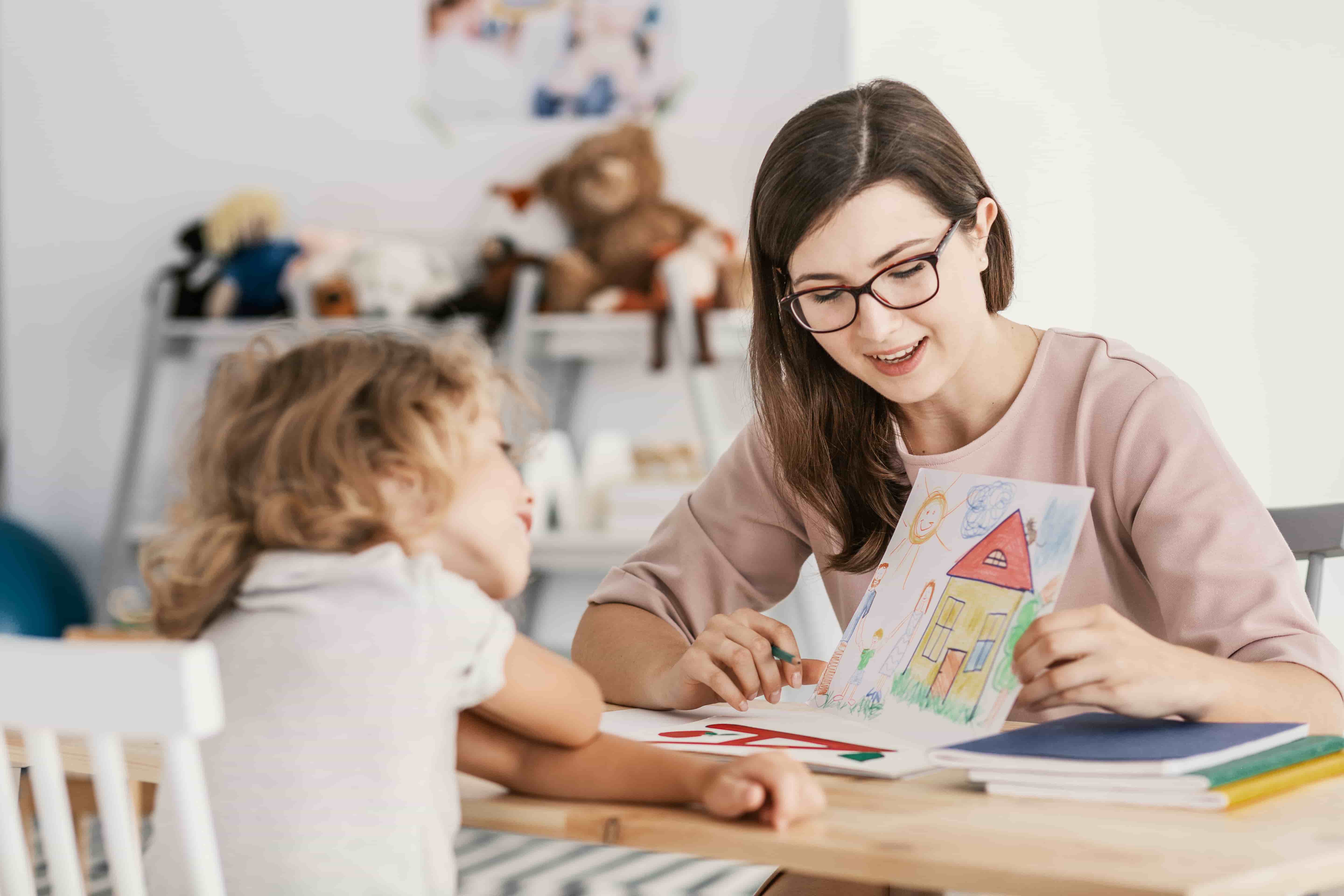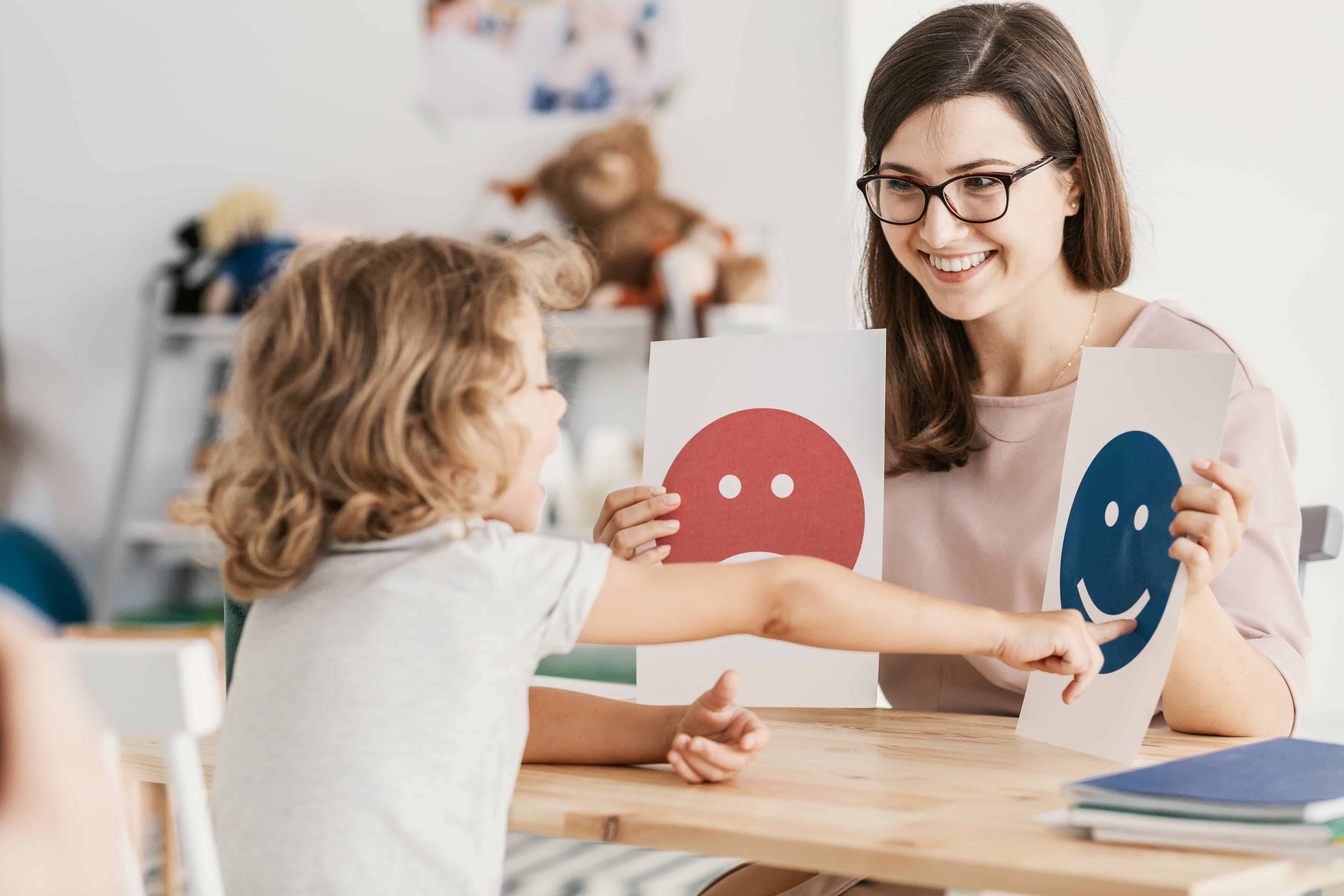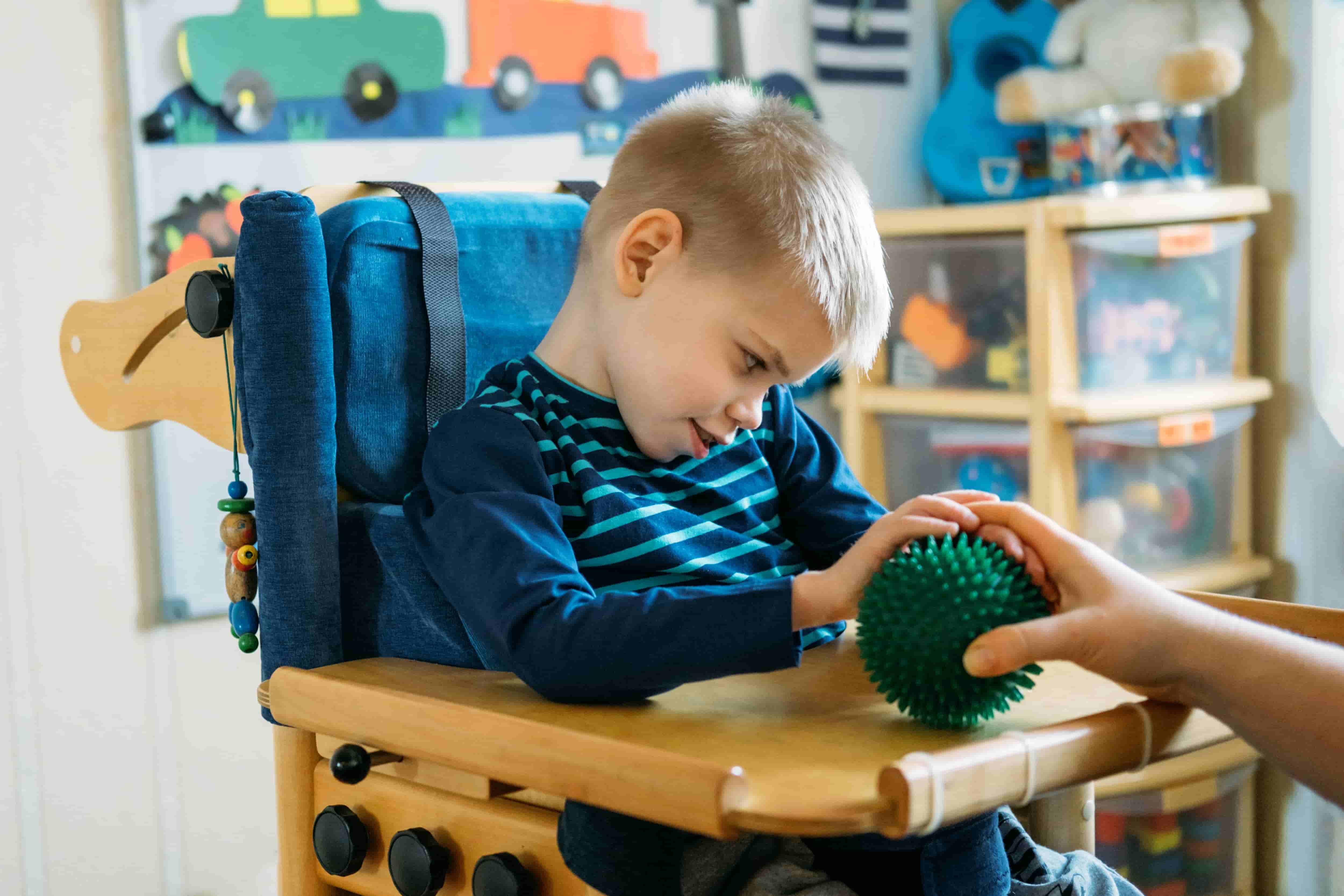
The Pros & Cons of Screen Time for People with Disabilities
Many ADHD or Autistic children and adults get lost in their electronic gadgets. It is helpful for many reasons, yet people will often judge parents who allow their children to use laptops, tablets and smart phones frequently because they do not understand what is happening and why. A topic we hear about a lot in parenting is Screen Time. Some people see it as a treatment and some see it as hazardous. But what if someone has a real need for it?
Several factors may come into play, one of them is the child’s preference and majority of the children enjoy screen time. Children with ADHD, for example, interactions with others are sometimes difficult and screen time may provide a more enjoyable and less stressful substitute. Those with attention problems could find it hard to concentrate for a long time like reading a book. Screen time, with its bright colors and action, may catch their attention and keep them engaged.
Children showing signs of inattentiveness or hyperactivity are usually very active and impulsive where parents may find screen time can help settle and engage their child for a while. It can also be something that parents and children enjoy doing jointly.
Majority of young children of the age 8 and below who spend their time with screens, spend it on educational content. With the advent of cable T.V. and internet, there has been a huge growth in educational media: television, computer games & videos and now mobile applications. High quality educational media can have significant benefits for children aged between 2 to 8.
Here are some of the benefits of screen time for an ADHD and/or Autistic child:
• It helps them balance by watching educational videos or listening to their favorite songs repeatedly which can actually be a form of stereotypic behavior. It helps the child balance their emotions, calm their brain and rest mentally from a triggering and stressful world.
• Autistic children would learn in their own method, in their own environment and in their own time. Educational videos can sometimes teach autistic children significantly than a teacher due to their surroundings at home being more relaxing, familiar and quiet than a classroom.
• It can allow children to involve in family time. ADHD children can really grapple to watch a movie without getting bored. But if they have a tablet or smart phone to play on, they can happily take part in family movie times as they tend to occupy that part of the brain that causes boredom.
• Just like others, children with ADHD and autism need time to relax even if they are balanced. Their version of relaxing sometimes means occupying their brain with games. It is simply their version of relaxation.
Some of the disadvantages of screen time include:
• Television has been connected to obesity, sleep issues, hostile behaviors and ADHD. Early TV viewing is corresponded with problems in administrative functioning – attention, memory, problem solving, impulse control, self-balance and delayed satisfaction. Children below the age of 2 who watch more TV, exhibit delays in learning language.
• Teachers report that children who use media heavily often become passive, lose creativity and forget how to entertain themselves without a screen.
• Media can be addictive. Heavy users of media would want more to watch and become incredibly upset when it is taken away. Many parents report that it is much more challenging to transition a child from a media device to another activity.
While screen time is associated with some advantages and some adverse side effects, it’s important for parents to examine their child’s screen use, the impact it is having on the child, the child’s overall behavior and well-being. The quality of use and parental involvement is vital in deciding what works for your child.
At Chetna Foundation, technology use is a part of daily life and helping kids to learn responsible technology usage is paramount.
| Tweet |





